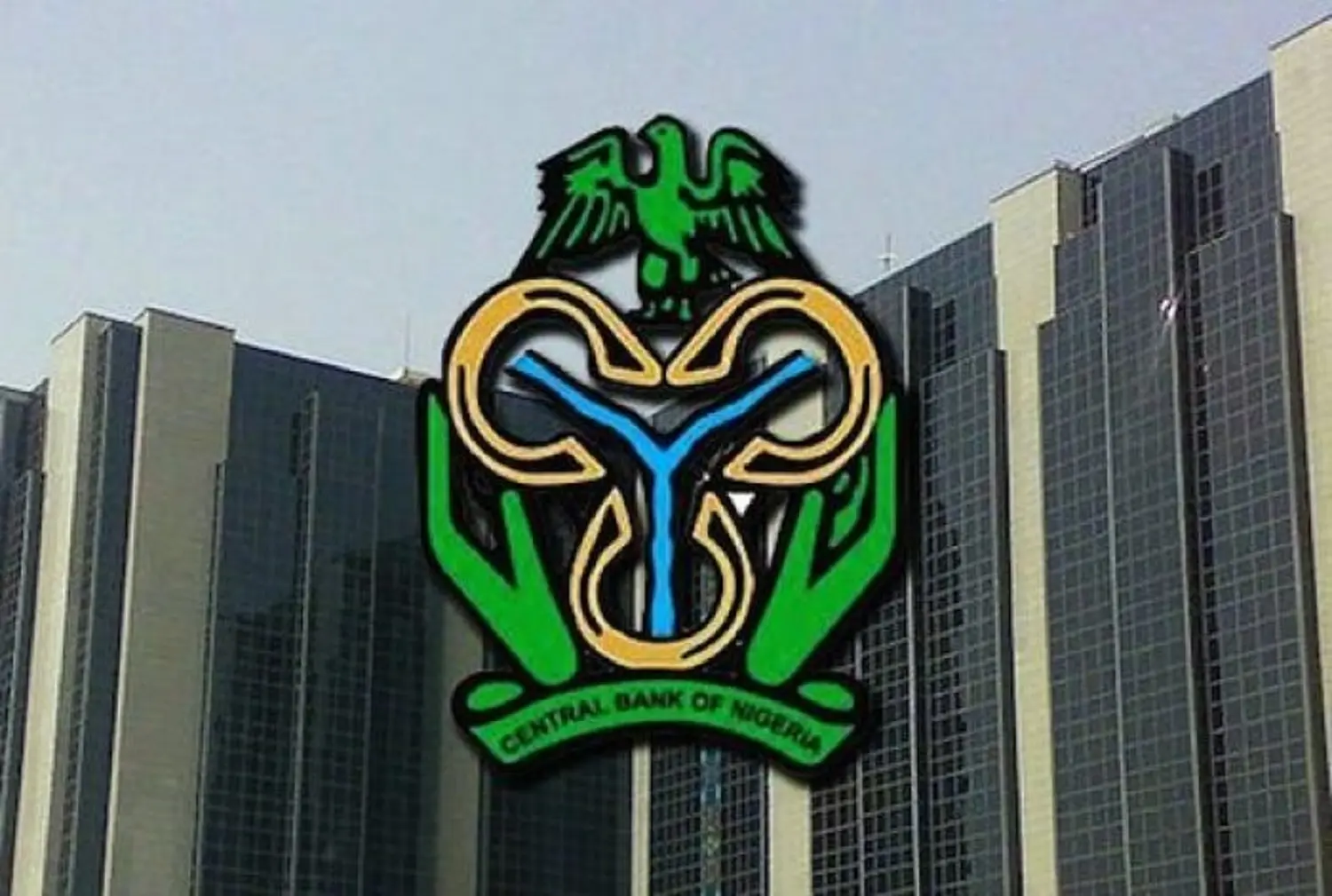Today, the House of Representatives is holding a public hearing on a bill on an Act to amend the Central Bank of Nigeria Act, 2007. The Bill seeks to remove the Governor as the Chairman of the Board and to exclude Deputy Governors and Directors from the Board. In addition, the Bill seeks to divest the Board of the Central Bank of the powers of consideration and approval of the annual budget. In the proposed new board, the Accountant General of the Federation, Permanent Secretaries of the Ministries of Finance and National Planning and other government officials shall be members and the Chair of the Board will be a former Governor of the Central Bank.
These are worrying proposals. All over the world, the trend today is to make Central Banks autonomous from Government. Central banks play a crucial role in the modern economy. They are the Government’s banker and banker to the banking system more generally, they create and manage money and provide monetary stability and financial stability. Direct government manipulation of central banks has always been counterproductive because governments try to respond to political imperatives of the moment rather than focus on the long-term interest of the economy.
On 4th June, I had addressed the issue of meddling with the Central Bank in a piece I entitled “Central Bank and Enlightened Self Interest.” In it, I drew the attention of readers to the situation in 1971 when Idi Amin Dada, Uganda’s famous dictator ran out of money to run the Government. He was furious when he was told he could not just print money through the Central Bank and continue his spend thrift promotion of his megalomania. He reminded everybody that he was the boss and ordered the Central Bank to print more money. This action of course caused massive inflation and led to the collapse of the economy. It is widely believed that Idi Amin subsequently ordered the assassination of the Central Bank Governor, Joseph Mubiru who had told him it’s unwise and dangerous for people with power to toy with the Central Bank. It was easy to kill Mubiru but impossible to address the problems caused by interfering with the Central Bank. The prices of goods soared while essential commodities simply disappeared from the market. The moral of the story is that you do not mess with the Central Bank just because you have power. Our National Assembly must reflect deeply on the wider implications of their move to bring the Central bank under the direct control of the President and the Parliament.
We all know that the Governor of the Central Bank, Sanusi Lamido. Sanusi, is someone who has really annoyed the National Assembly through his revelations about their budget and overheads He has also questioned them about the rate for exporting petroleum in making this year’s budget. We however need to be careful that we do not tamper with a good law because we don’t like an individual who runs an institution at a particular point in time. The National Assembly is a powerful institution and it can easily fall into the trap of changing the CBN Act to deal with Governor Sanusi. The institution is however too important for our collective survival for such a response. I am concerned because certain tendencies noticed in the National Assembly about adjusting budgets to cater for personal interests of legislators. The risk of the National Assembly making the budget of the Central bank is simply too high to be contemplated.
There are numerous reports that the constitutional powers of the National Assembly to appropriate has been used increasingly to add projects that they can monetise subsequently or to negotiate with Executive bodies to provide monetary compensation to legislators to have their budget passed. We all remember that this year, President Goodluck Jonathan had to warn his ministers to stop “lobbying” legislators to get additional projects into their budgets. The insistence of the National Assembly to do the budget of the Central Bank is extremely dangerous because the bank not only supervises other banks, runs monetary policy but also prints money. It is too risky to start wheeling and dealing with such an institution. I argued in this column on 9th April this year that the problem of the National Assembly is that while they have oversight powers over the Executive, no other power has oversight over them. There are indeed clear indications that increasingly, National Assembly Committees are approving budget lines that were not conceived by the originating ministries. They make the allocations with the intention of using their “oversight might” to negotiate deals with ministries and agencies.
I have enormous respect for the positive contribution the national Assembly is playing in scrutinizing governance and protecting our democracy through their insistence on protecting their own autonomy and thereby defending the principles of the separation of powers. In the same spirit, they need to respect the autonomy of the Central bank for the greater good. Many of our legislators are patriotic and committed persons. Some of them however are not focused on serving the interest of the people their actions are self-serving. They are holding the country to ransom and abusing their powers excessively.
They should also take on board current practices in central banking. For example, the Reserve Bank is the central bank of the Republic of South Africa and has a considerable degree of autonomy in the execution of its duties. Indeed, Section 224 of the constitution, 1996 states “the South African Reserve Bank, in pursuit of its primary object, must perform its functions independently and without fear, favor or prejudice, but there must be regular consultation between the Bank and the Cabinet member responsible for national financial matters.” The independence and autonomy of the Bank are therefore entrenched in the constitution, the Governor holds regular discussions with the Minister of Finance and meets periodically with members of the Parliamentary select committees of Finance. The Reserve Bank submits its Annual Report to Parliament and is therefore accountable to them. Parliament however does not prepare its budget.
The SA Reserve Bank Act, 1989, as amended, provides for a board of directors consisting of 15 directors. Among them are the Governor and three Deputy Governors, who are appointed by the President. The Governor and Deputy Governors manage the daily affairs of the Bank including its budget as they are the only executive directors on the Board and work on a full-time basis.
The Bank of England which has existed since 1694 and was nationalized on 1 March 1946 gained its independence in 1997. The framework for its governance and accountability is set by the 1998 Bank of England Act. The Board of Directors is responsible for managing the affairs of the Bank other than formulation of monetary policy. The Board of the Bank and its Chair are appointed by the Government and it is constituted by nine non-executive directors. The Board however delegates the day- to-day management of the Bank to the Governor and through him to other members of the executive. The budget of the Bank is prepared by the Governor and approved by the Board. By law, the British Government cannot interfere with monetary policy. Indeed, the Monetary Policy Committee as a Committee of the Bank with responsibility for the exercise of its powers in relation to the formulation of monetary policy cannot receive directives from anybody in the Executive or Parliament.

 Join Daily Trust WhatsApp Community For Quick Access To News and Happenings Around You.
Join Daily Trust WhatsApp Community For Quick Access To News and Happenings Around You.


